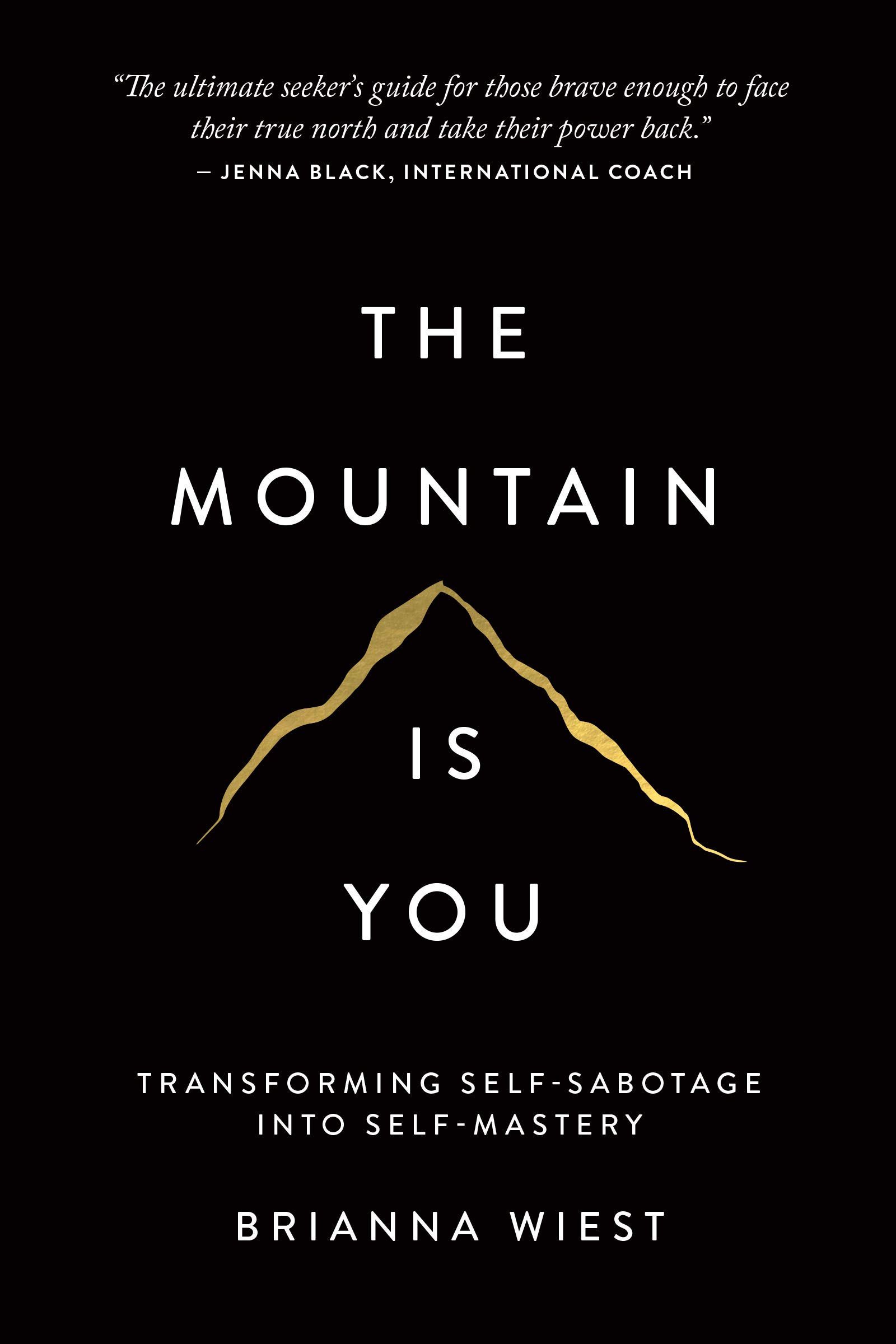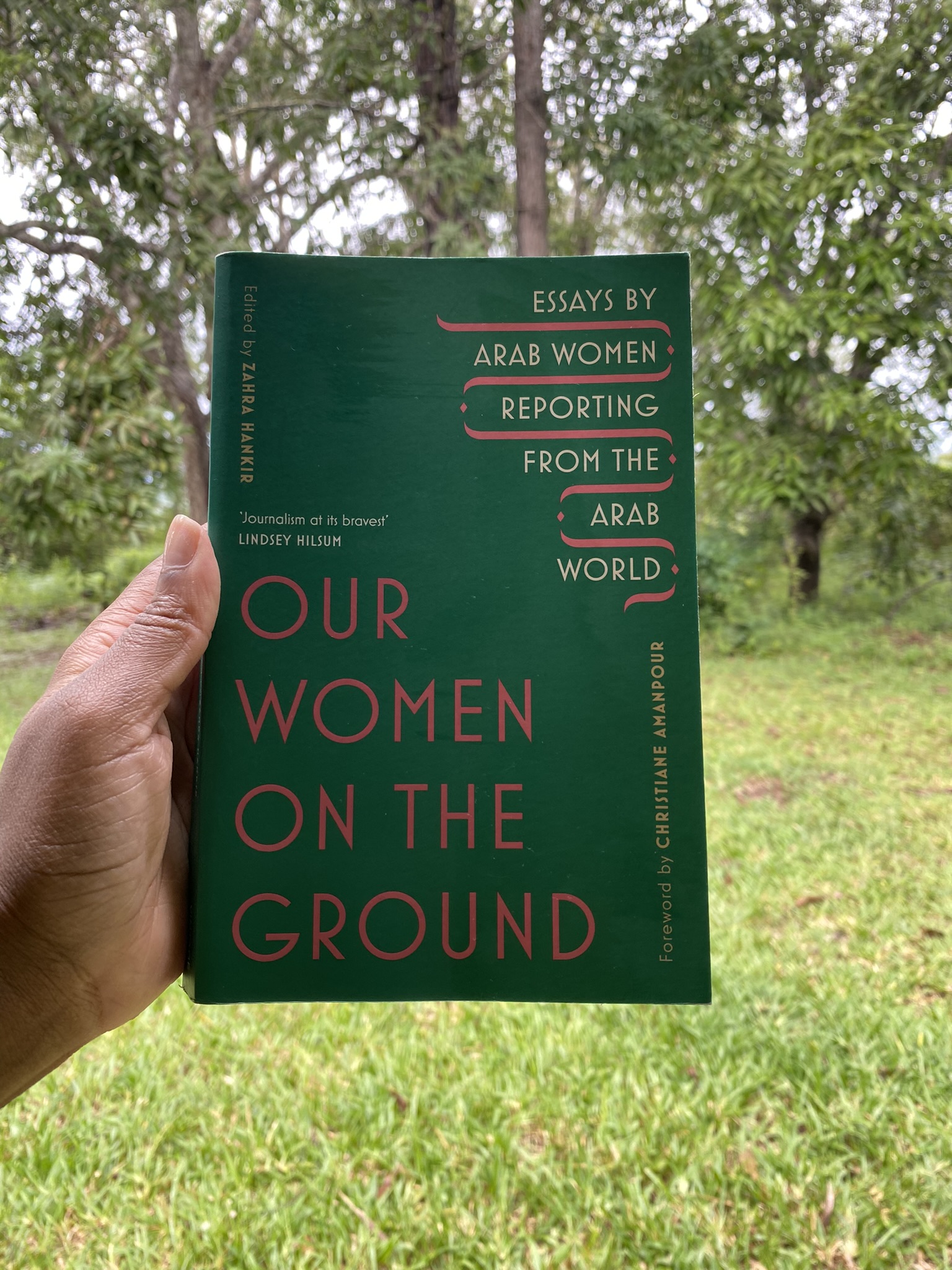
Investing 101: How to Build Wealth in Kenya
In this article about saving vs investing, we discussed how investing is the best avenue to building wealth. There are numerous ways to build wealth, depending on the investment assets you choose and your investment strategy.
In this article, you will learn how to build wealth in Kenya using the available investment assets in our market. We will also discuss the steps you need to take before and after starting your investment journey to help you achieve your financial goals.
Getting Started with Investing
When we talk about financial planning, you will realize that investing is not usually the first step to building your wealth.
You first need to create a solid foundation, starting with a financial plan, an emergency fund, paying off or managing your debts, savings for your wants and other short-term goals, and having the necessary insurance policies for risk management.
Once you have passed these hurdles, you can concentrate on building and protecting your wealth with investment assets and estate planning.

Step 1: Create an Investment Plan
As with anything about your personal finances, getting started with investing requires a clear road map. Your financial plan requires a concrete investment plan. This is where you capture the necessary details about your investment goals, including;
- Your risk tolerance
- Preferred investment assets
- Investment strategy – whether passive or active
- Investment horizon for each asset
- Exit strategy for each asset
Getting started with your planning with this Financial Planning Workbook
Step 2: Learn More About Investing
Financial literacy is also essential as it helps you build confidence about investing and understanding financial markets. Once you start investing, regardless of whether you have a financial advisor or fund manager, you must learn and understand the basics of financial markets.
The best money management and investment information sources include books, podcasts, and following finance professionals who talk about personal finance, money management, and investment topics online.
While there’s a lot of free content to learn from, you can also invest in online courses and coaching sessions with experienced professionals.
View this post on Instagram
Step 3: Understand It’s an Ongoing Process
First, you never stop learning about money management investments. And most importantly, you have to review your portfolio regularly and make the necessary changes.
Investment Vehicles to Build Wealth in Kenya
The Kenyan market presents a variety of investment avenues. Whatever assets you invest in, ensure they align with your goals and beliefs.
Government Securities
At the top of this list, we have government securities, i.e., Treasury Bills and Treasury Bonds. I am starting with these because government securities are considered one of the most low-risk investment assets. As such, they are ideal for any risk-averse investor.
Government securities in Kenya are issued by the Central Bank of Kenya. These are either short or long-term investments with two options;
1. Treasury Bills
Also referred to as T-Bills. These are short-term instruments with 91, 181, and 365-day maturities. T-Bills are ideal for short-term investing, like your emergency fund or savings required for goals you want to achieve within a year.
How can T-Bills help you build wealth? Well, for starters, the foundation of a solid financial future is built on having your basics covered. And that starts with a fully-funded emergency fund. So, instead of stashing all your emergency funds in your current bank account, you can split it into other savings accounts, including a money market fund and T-Bills.
With T-Bills, you can always opt for the rollover option. This option allows your initial amount plus earned interest to be reinvested and continue earning your interest. As long as you do not have an emergency or have forgone one of your goals and don’t need the money, these funds can continue earning you interest while acting as your backup funds for emergencies and other short-term goals.
Don’t miss this related post! How to open a CDS Account and Start Investing in Kenya
2. Treasury Bonds
Simply referred to as T-Bonds, they have longer maturity periods of 5 to 30 years. This makes them the best option for long-term investment planning, including saving for retirement and your kid’s education.
For instance, if your child will join high school or college in 5 to 10 years, you can invest in a bond that matures within this timeframe. When the bond matures, you will receive your initial investment back. That’s money you can use to pay for their tuition, buy supplies, and even cater to their accommodation.
Second, bonds are great for generating passive income. Going with the above example, you can use the interest payments between the bond’s duration to pay for their recurring school fees and other school needs. Alternatively, you can reinvest the interest in other assets and continue earning.
Third, you can earn from your bond investments through capital appreciation. If the bond’s prices increase at the secondary market, you can sell your bond and cash in on the profit. However, keep in mind that bonds are illiquid assets. That means selling your bond will not be instant and can take time.
Don’t miss this related article about Investing In Bonds 101: Simple Beginners Guide on Bonds

Stocks
Second on the list, we have stocks, also referred to as shares. These signify ownership in a company, which entitles you to, among other things, a share of the company’s profits and a voting right.
Stocks are considered riskier than government securities, especially when investing in the short term. The stock market is quite volatile, with stock prices fluctuating based on the market and the company’s performance.
Still, stocks tend to have a higher return when held for longer durations. Remember, the basics of investing: the higher the risk, the higher the return. Numerous wealthy people have built multi-million portfolios from investing in stocks.
Stocks allow you to build wealth in 2 ways;
- Dividend earnings – this can provide you with passive income if the company pays dividends. You can use the extra income to cater to your expenses, debt repayments, savings, and other investment goals.
- Capital appreciation – if the stock price increases over time, you can sell your shares and profit from the capital appreciation.
In Kenya, the Nairobi Securities Exchange (NSE) offers a gateway to invest in stocks with companies from various sectors, from banking to manufacturing and telecommunications. This allows you to diversify your portfolio with stocks from various sectors.
Want to learn more about investing in the Kenyan securities market? Check out this post!
Real Estate
Third on the list is investing in real estate. Real estate is less volatile than stocks and with higher returns. However, real assets are expensive, illiquid, and more time-consuming than stocks and bonds.
Additionally, returns aren’t always guaranteed, especially when you compare them with assets like bonds. While prices rise with some real estate assets, like property, there’s also the risk of selling the asset at a loss. Especially if you are desperate to sell or the market is experiencing a downturn.
Now, let’s look at some of the ways you can invest in real estate;
1. Residential and Commercial Rentals
Kenya’s real estate sector remains a magnet for investors. Urbanization and infrastructure developments continue to spur demand for residential and commercial properties, making investing in this sector a promising avenue for long-term investments.
If you have the financial capability, this can be an excellent avenue for earning passive income. However, conduct extensive market research, like:
- Market demand in the area you have in mind
- Average rent
- Taxes
- Crime rate
- Natural disasters – consider what natural disasters affect the area, like flooding and earthquakes. The higher the risk of any natural disaster, the higher the insurance costs. With higher insurance costs, you risk losing most of your return in such costs.
2. Land
Besides investing in rental properties, one can also venture into the undeveloped land niche. With this option, you can make money using either of the below options;
- Leasing the land
- Holding and reselling at an appreciated value – this requires holding the parcel for an extended period, at least over a year. How much the land rates are will depend on several factors, including location and other value additions on the land.
- Use the land as farmland – investing in farmland is a great investment opportunity for anyone interested in farming. We have seen individuals venturing into entrepreneurship in Kenya, with many focusing on specific niches like fruit, vegetable, and livestock farming, just to name a few.
- Subdividing and reselling the land into smaller parcels
Whatever option you choose, it’s important to do the necessary due diligence and work with professionals like lawyers.
3. REITs
Unfortunately, physical properties cost quite a significant amount. This makes them inaccessible for investors looking to invest in real estate but cannot afford the steep prices.
The good news is that Kenya’s real estate investing landscape has grown over the years. This has led to the launch of more affordable avenues for investors, aka REITs.
Real Estate Investment Trusts, simply referred to as REITs, are a form of collective fund. What sets them apart from other collective funds, like money market funds and hybrid funds, is that REITs focus only on the real estate sector.

Collective Funds
Besides REITs, all the above investment methods require a significant amount of money and time if you manage the investment by yourself. But it doesn’t mean you cannot invest.
With collective funds, like index funds and ETFs (Exchange Traded Funds), you do not need a significant amount of money to invest. Other added benefits include;
- Diversification – these funds invest in several assets, thus spreading your risks compared to investing in individual stocks or bonds
- Fund management – these have a fund manager who does all the research, investing, and fund management on your behalf.
- Liquidity – another advantage is that these collective funds are usually highly liquid. That means you can access your funds faster compared to selling assets like bonds or land.
In addition to the available Kenya Shilling-dominated collective funds, there are also USD-dominated collective funds. These are perfect for diversifying your portfolio and managing risk, considering the current depreciation of the Kenyan Shilling.
@enidkathambi Replying to @coach James blessed here are firms with USD MMFs in Kenya to consider. #investing #invest #investment #savingmoney #moneymarketfund #moneymarkets #financetiktok #financialfreedom #financetok ♬ original sound – FA Enid
Corporate Bonds
Last but not least on this list, we have corporate bonds. While these are not as common, there are still a few ones on the NSE. Corporate bonds are riskier than government bonds. They also tend to have a higher yield than government bonds. Remember the risk-return trade-off: higher risk = higher return.
Final Word
There are numerous opportunities that can help you build wealth in Kenya. First, you need to set clear goals, conduct thorough research, and employ sound investment strategies. Based on your investment goals and strategy, you can start investing in either of the available investment assets, including government securities, shares, and collective funds.
Having said that, keep in mind that it’s important to diversify your investment portfolio. Instead of investing in only one asset, it’s essential to have an asset allocation with different assets to help you spread your risks.







